
By Kyle Macdonald
One of the great singers of our time, brings Puccini’s timeless opera masterpiece to an iconic concert hall. It’s a performance not many will ever forget.
“Vincerò!” or “I will win!” – it’s the famous and always moving climax to the aria from Puccini’s opera Turandot.
The aria is one of those very special moments of music that has gripped and enchanted millions over the years. It found truly global fame in the 1990s thanks to , Italia 90, and Three Tenors CDs that were on virtually everyone’s shelf.
Its drama and power, combined with that enduring public appeal makes it a natural show-stopper in live performances.
And so it was on this night, before 5,000 people at London’s Royal Albert Hall, during an opera-themed Classic FM Live with Viking.
But there’s always more than just those high notes at the very end of the aria. And on that night, there was a singer perfectly matched to reveal every glorious, moving moment of ‘Nessun Dorma’. Watch above.
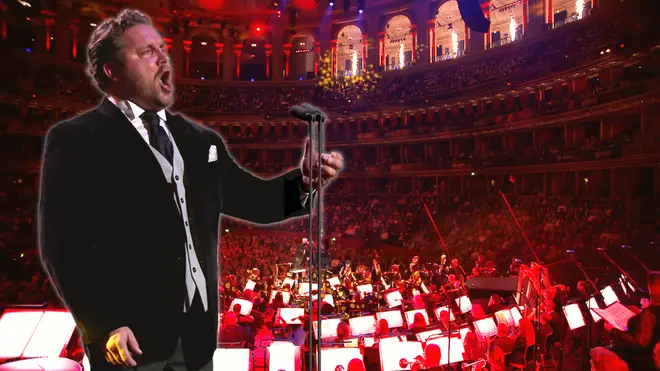
Michael Spyres is an American opera singer. He’s rare for the fact that he can sing in both baritone and tenor voice types. His range spans from the rich and resonant baritone register, up to the highest notes of most agile Bel Canto tenor. Alongside the Puccini, he also gave us a baritone aria that night.
It’s one of the reasons why this performance was so special.
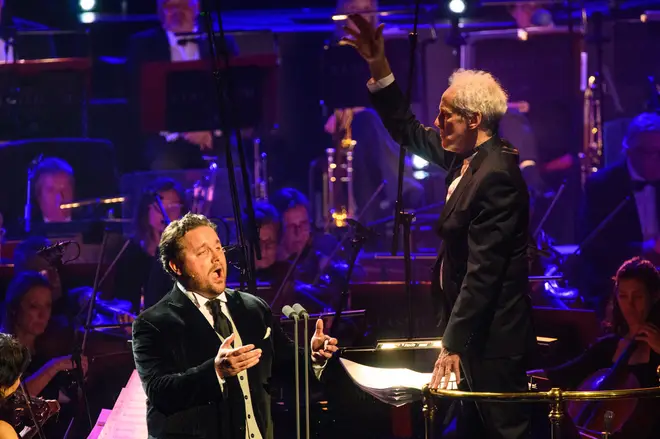
Puccini sets the scene with hushed orchestra, on this occasion it played by English National Opera and conductor Paul Daniel. The singer then enters, pleading ‘Nessun dorma’ – first in the middle of his register, and then low. Then that powerful lyricism starts. This is all perfect territory for Spyres to show off that sonority and voice.
From these opening cries, to the final ‘Vincerò!’ on that winning high B, it’s a journey like few others in music. Spyres held that hall in rapt silence, before everyone erupted. ‘Nessun dorma’ does it every time.





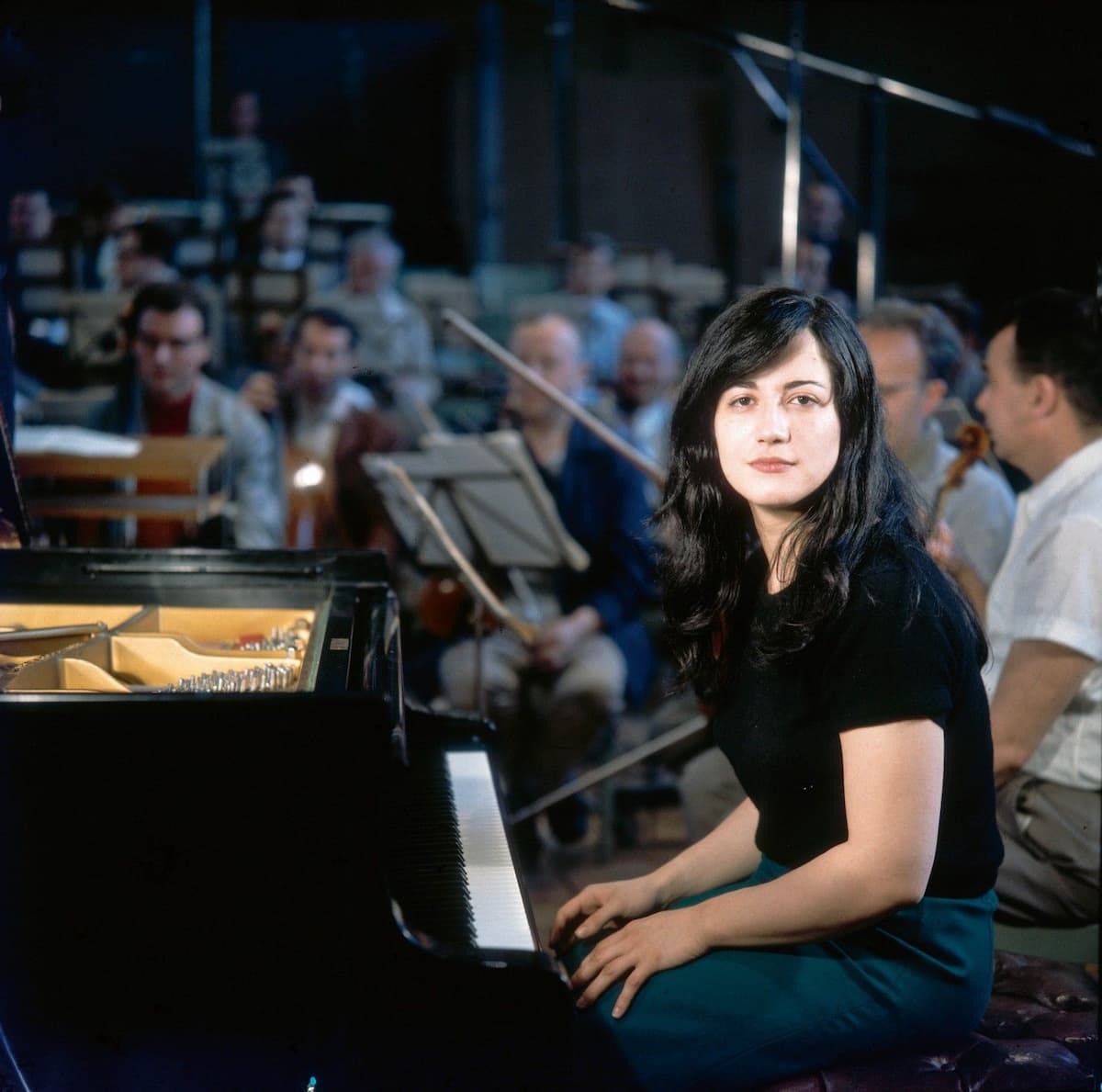
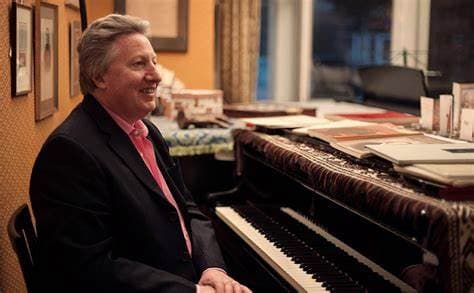
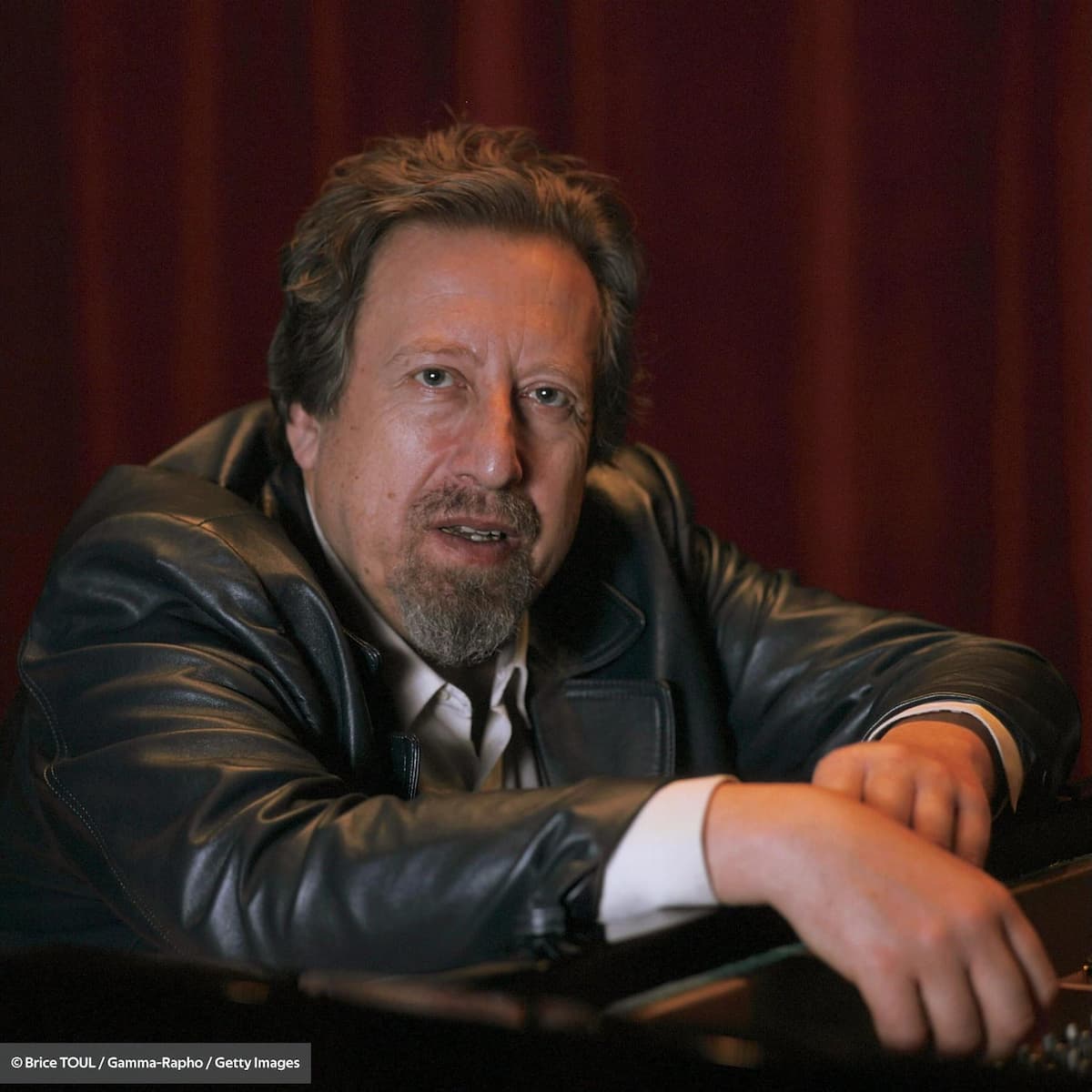
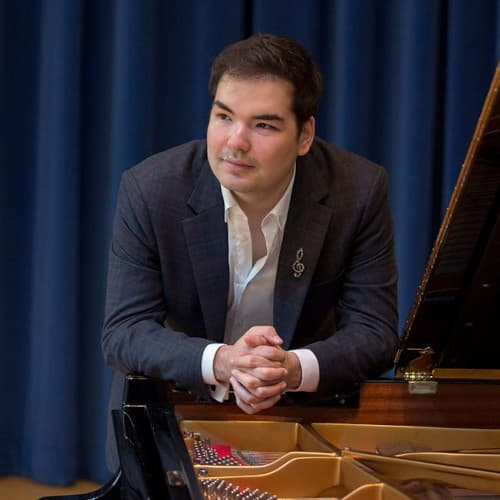
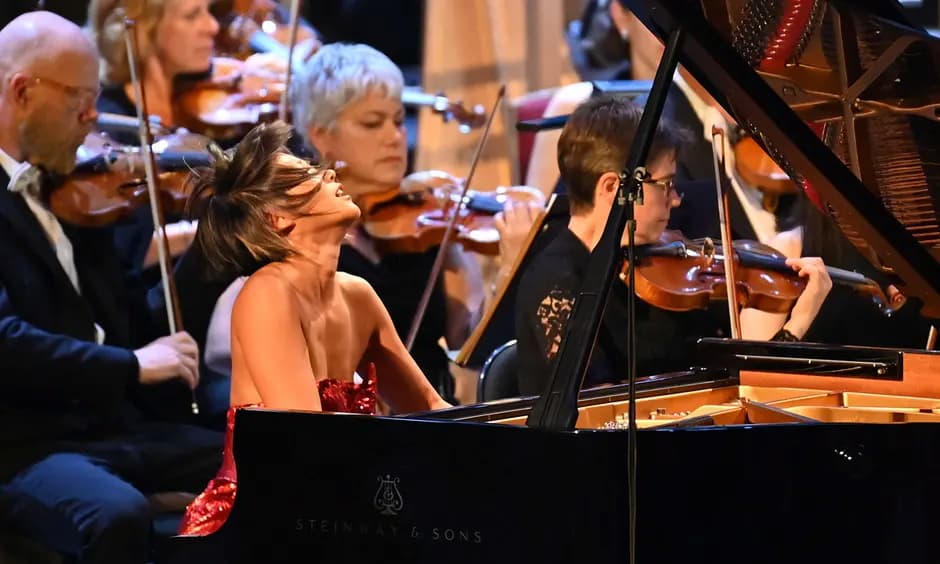
 “Art is not what you see, but what you make others see.”
“Art is not what you see, but what you make others see.”
